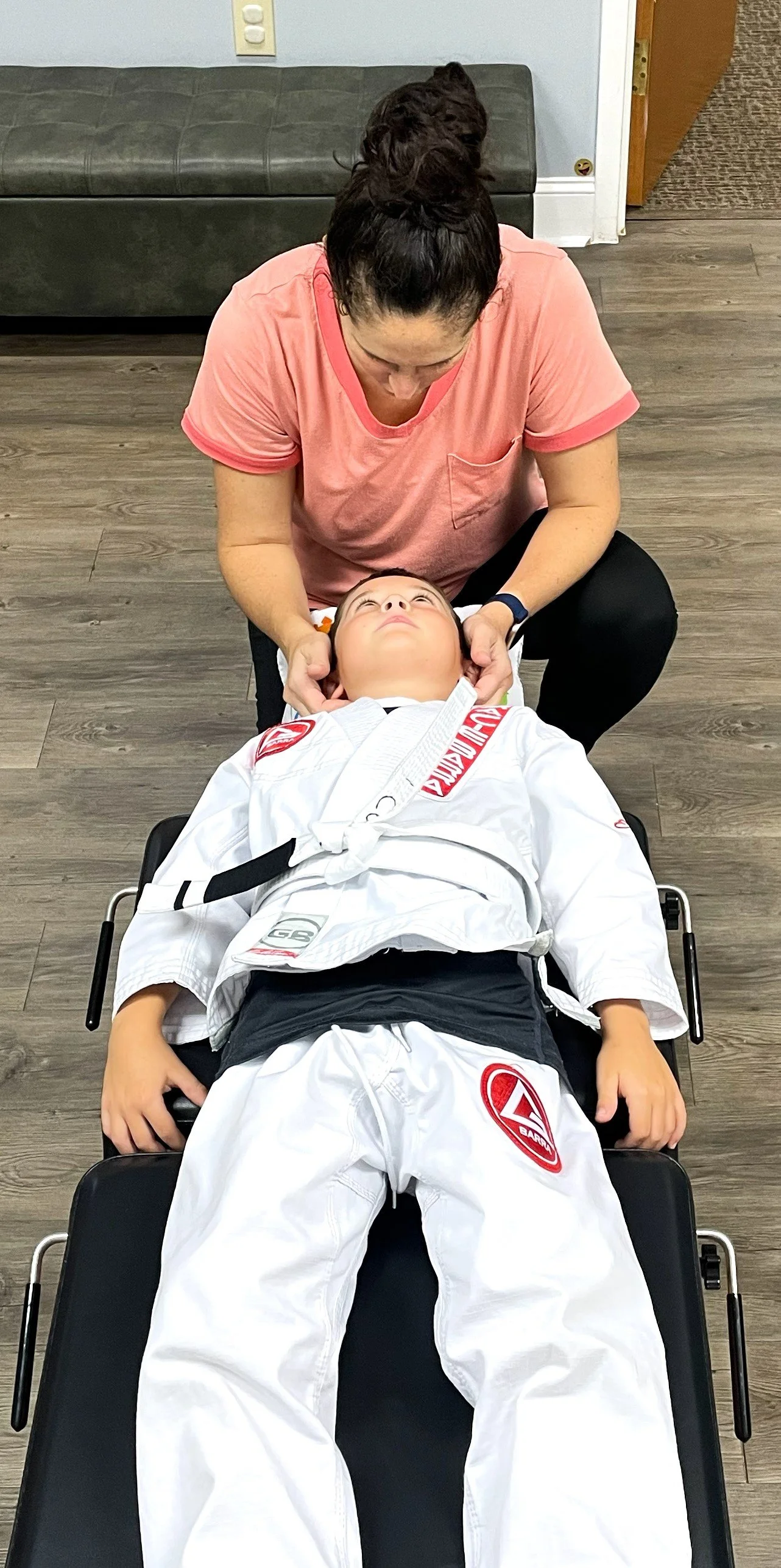How to Advocate for Your Child: A Parent’s Guide to Slowing Down, Speaking Up, and Trusting Your Gut
You’re sitting in a doctor’s office or hospital room with your child… and suddenly it feels like everything is spinning. The medical team is tossing around words you’ve never heard before, handing you papers to sign, and there’s this invisible pressure to decide right now.
Your heart’s pounding. Your gut is screaming, “Something doesn’t feel right.”
But how do you speak up without being labeled that parent?
We get it — so many families at New Hope Chiropractic have shared that exact same feeling.
And here’s what we want you to know: unless it’s a true life-or-death emergency, you have every right to pause, ask questions, and fully understand what’s happening before agreeing to anything.
Because when it comes to your child’s health, you should never feel rushed — especially when your instincts are telling you to slow down.
Why This Matters More Than Ever
Medical errors are now the third leading cause of death in the U.S. — and countless parents report feeling pressured into decisions that didn’t sit right. That “rushed” feeling you get? It’s not just in your head. The healthcare system is built for speed. But your child’s healthcare journey should be built on trust, communication, and understanding.
You deserve clarity. Your child deserves thoughtful, individualized care. And it all starts with learning how to confidently advocate for them — even in high-pressure situations.
Step 1: The Power of the Pause
Hospitals and clinics are designed to feel urgent — the beeping machines, the quick conversations, the rush of staff. But here’s the truth: most medical decisions aren’t emergencies.
When you feel that pressure rising, try saying this simple phrase:
👉 “I need a moment to process this before making a decision.”
That one sentence changes everything. It gives you space to breathe, to text your spouse, to call a trusted friend, and most importantly — to let your intuition catch up.
The best doctors will respect that pause, because they know calm parents make informed decisions.
Step 2: Ask These Three Questions Before Saying Yes
You don’t need a medical degree to ask the right questions — you just need to know which ones to ask.
1️⃣ What are the risks?
Don’t accept “minimal” as an answer. Ask for specifics — what could go wrong, how often it happens, and what that might look like for your child.
2️⃣ What are the benefits?
Be clear on the expected outcome and timeframe. What will this actually improve, and how will you know it’s working?
3️⃣ What are the alternatives?
This one’s huge. Sometimes “wait and watch” or natural approaches — like addressing nervous system stress — can be a safer, more effective option than rushing into procedures or medications.
Good providers appreciate informed parents. If a doctor gets defensive when you ask questions, that’s a red flag — and it’s okay to seek a second opinion.
Step 3: Learn to Spot “Fake Urgency”
When you’re in a medical setting, everything can feel like an emergency — but true emergencies are actually rare.
Your go-to question:
👉 “Is this time-sensitive, or do we have time to wait, research, or get a second opinion?”
You’ll be surprised how often the answer is “yes, you can wait.” Write that down. Literally — document what’s said. It helps you feel grounded and ensures you’re making clear, supported choices.
Step 4: Trust That Parental Instinct 🧠💛
You know that deep-down feeling when something’s off? That’s not just worry — it’s your nervous system processing patterns you’ve seen in your child before. It’s powerful.
Research shows that parental intuition is often more accurate than clinical data alone.
That means your instincts aren’t just valid — they’re vital.
So when your gut says, “This doesn’t feel right,” say it out loud.
👉 “This doesn’t sit well with me. I’d like to wait or get another opinion.”
You don’t need a medical reason to trust your intuition. You just need to give it permission to speak.
Step 5: Build Your Advocacy Toolkit
Here are a few practical steps to help you feel confident and supported in any healthcare situation:
Bring backup. A spouse, a friend, a grandparent — someone who can listen, take notes, and help ask questions.
Document everything. Keep notes on what’s recommended, what’s said, and how you feel about it.
Know your rights. You can always say no, ask for a new provider, or take time to research before consenting.
Being an advocate doesn’t mean being combative — it means standing in confidence and calm, making sure your child gets personalized, thoughtful care, not assembly-line answers.
You Know Your Child Best
At New Hope Chiropractic, we believe parents are the true experts when it comes to their children. You see the subtle changes, you feel the stress patterns, and you sense when something deeper is going on.
Our role is to help you decode what your gut already knows.
Through neurological scans and gentle, specific chiropractic adjustments, we help uncover where your child’s nervous system is stuck and guide it back toward balance — so their body can function, heal, and thrive naturally. 🌿
You don’t have to navigate this alone. We’re here to help you advocate for your child’s health with confidence and peace of mind.
If you’re ready to learn more, contact New Hope Chiropractic today or find a PX Docs office near you. 💛
Because your child doesn’t need “wait and see” medicine.
They need a parent who knows when to pause, ask questions, and trust their intuition — and that’s you.


